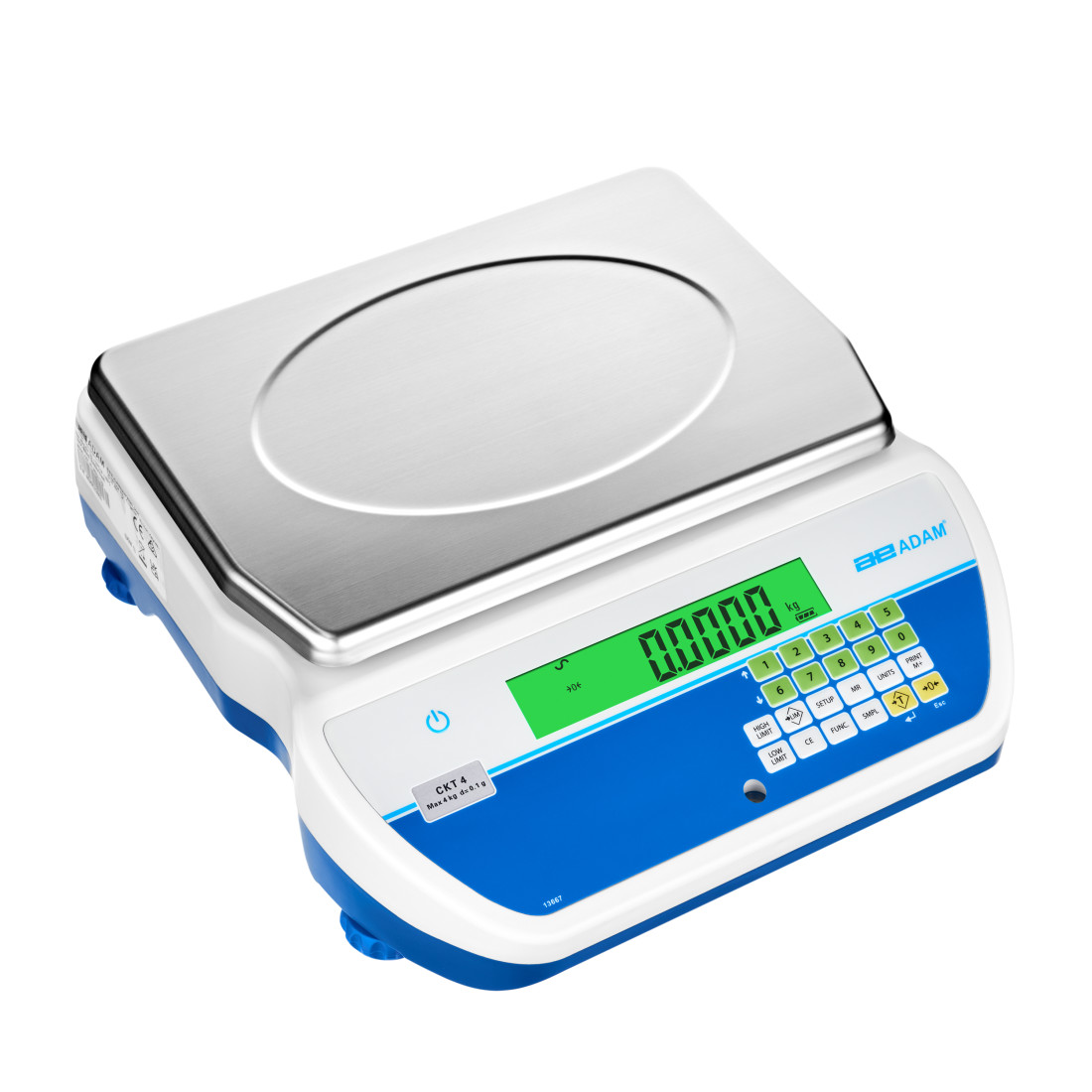Top Features to Look for When Purchasing Industrial Scales for Your Facility
Top Features to Look for When Purchasing Industrial Scales for Your Facility
Blog Article
Exactly How Commercial Scales Work: A Detailed Introduction for New Users
Comprehending the mechanics behind commercial ranges is vital for new users that want to guarantee precision in their dimensions. As we explore these parts, one need to think about just how these aspects interact to boost performance in diverse commercial applications.
Basics of Industrial Scales
Industrial ranges are vital devices used throughout different sectors, consisting of production, logistics, and farming, to guarantee exact weight measurements of hefty tons. The basic principle behind commercial scales includes the conversion of weight right into a measurable kind that can be displayed electronically or analogically. These scales utilize numerous mechanisms, such as lots cells or mechanical levers, to figure out the weight of things placed upon them.

In enhancement to their dimension abilities, commercial scales are developed to endure harsh settings, featuring durable construction that withstands dirt, moisture, and heavy influences. Calibration and upkeep are crucial to make certain accuracy, as even small inconsistencies can cause considerable financial implications. By recognizing the fundamentals of industrial ranges, individuals can appreciate their relevance in numerous industrial applications.
Sorts Of Industrial Scales
Numerous kinds of commercial ranges satisfy the varied requirements of various markets, each developed to take care of certain considering jobs with precision and integrity. Among one of the most typical kinds are floor ranges, which are excellent for evaluating heavy and large items. These ranges generally include big systems and can fit palletized items, making them vital in warehouses and delivery facilities.
One more kind is bench scales, which are commonly used for smaller products in production and retail setups. They offer precise dimensions for products that need accuracy, such as chemicals or components in production line (Industrial Scales). For mobile operations, portable scales use adaptability and ease of transport, appropriate for fieldwork or short-lived installations
In addition, specialized ranges like checkweighers are made use of in manufacturing lines to keep top quality control by making certain that items fulfill weight requirements. Each kind of commercial scale plays a vital role in enhancing operational efficiency and precision throughout different markets.
Exactly How Weighing Mechanisms Job
Evaluating systems are important components that make it possible for precise measurement of mass across various commercial scales. These mechanisms utilize numerous concepts of physics and design to supply accurate weight readings, essential for supply monitoring, high quality control, and compliance with governing requirements.
One common kind of evaluating mechanism is the lots cell, which operates the principle of strain determines. When a tons is applied, the lots cell deforms a little, producing an electric signal symmetrical to the weight. This signal is then transformed into a legible weight measurement by the scale's electronic devices.
One more widely utilized mechanism is the mechanical equilibrium, which employs a system of bars and weights. Industrial Scales. This approach counts on the concept of stability, where the weight of the object being measured is balanced versus known weights, permitting direct measurement
In addition, pneumatic and hydraulic ranges take advantage of liquid dynamics principles to gauge weight. These systems use the pressure applied by a load to identify weight, supplying high accuracy for large lots.
Proper Usage Strategies
When utilizing industrial look at this web-site scales, sticking to correct usage techniques is critical for preserving and making sure exact dimensions equipment integrity. Most importantly, it is crucial to select the suitable scale for your certain application, as ranges differ in ability and accuracy.
Before weighing, guarantee that the scale is put on a stable, level surface devoid of disturbances or vibrations. This will help to reduce errors brought on by external elements. Additionally, calibrate the scale according to the manufacturer's specifications prior to use, ensuring that it is functioning appropriately.
When positioning things on the range, disperse the weight uniformly to prevent tipping or damaging the equipment. Constantly permit the range to stabilize before recording the weight, as changes may occur throughout first positioning. For bulk materials, use containers that are ideal for the range size to avoid overloading.
Additionally, stay clear of positioning excessively hot or cool things directly on the scale, as temperature level variants can impact accuracy. Maintain the weighing system clean and cost-free of particles look at this site to avoid contamination and guarantee reliable outcomes. By following these strategies, individuals can make best use of the performance and long life of their industrial ranges.
Maintenance and Calibration Tips
Making certain the durability and precision of industrial ranges calls for thorough maintenance and routine calibration. A preventative maintenance timetable is vital; it must include regular evaluations to recognize wear and tear, especially on lots cells and other delicate parts. On a regular basis cleaning up the range's surface and guaranteeing the surrounding location is devoid of debris will certainly help preserve its honesty and performance.
Calibration is similarly essential and ought to be executed at normal intervals or whenever the scale experiences considerable adjustments in temperature, humidity, or physical variation. Utilize licensed calibration weights directory that are deducible to nationwide standards for accuracy. File each calibration session thoroughly to track efficiency with time and identify any type of patterns or reoccuring issues.
Train all drivers on appropriate scale usage and upkeep procedures to guarantee consistent efficiency and accuracy. By adhering to these upkeep and calibration ideas, users can boost the dependability of their industrial ranges, making certain ideal operation in any kind of setting.
Conclusion

Understanding the mechanics behind industrial scales is essential for new users who want to make sure precision in their dimensions.Industrial ranges are necessary devices made use of throughout numerous markets, consisting of production, logistics, and agriculture, to guarantee precise weight measurements of heavy loads. The basic concept behind commercial scales involves the conversion of weight into a measurable kind that can be presented electronically or analogically. By recognizing the essentials of commercial scales, users can appreciate their relevance in numerous commercial applications.
In final thought, understanding the operation and upkeep of commercial ranges is essential for ensuring accurate weight dimensions in different applications. (Industrial Scales)
Report this page